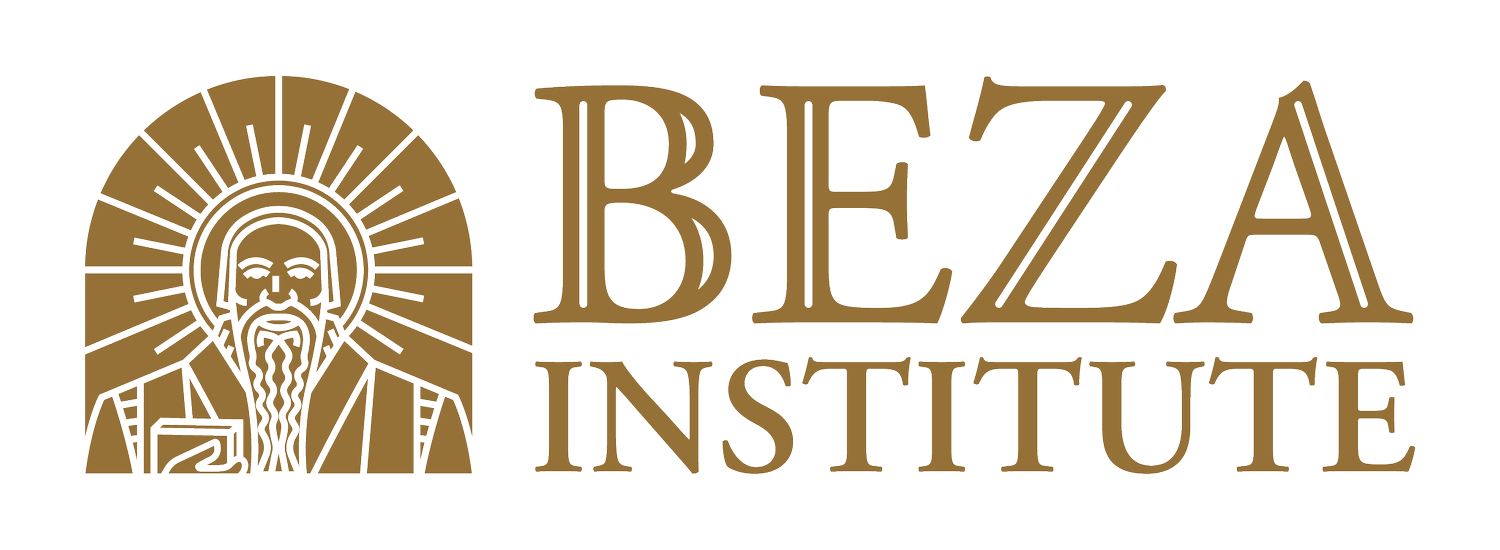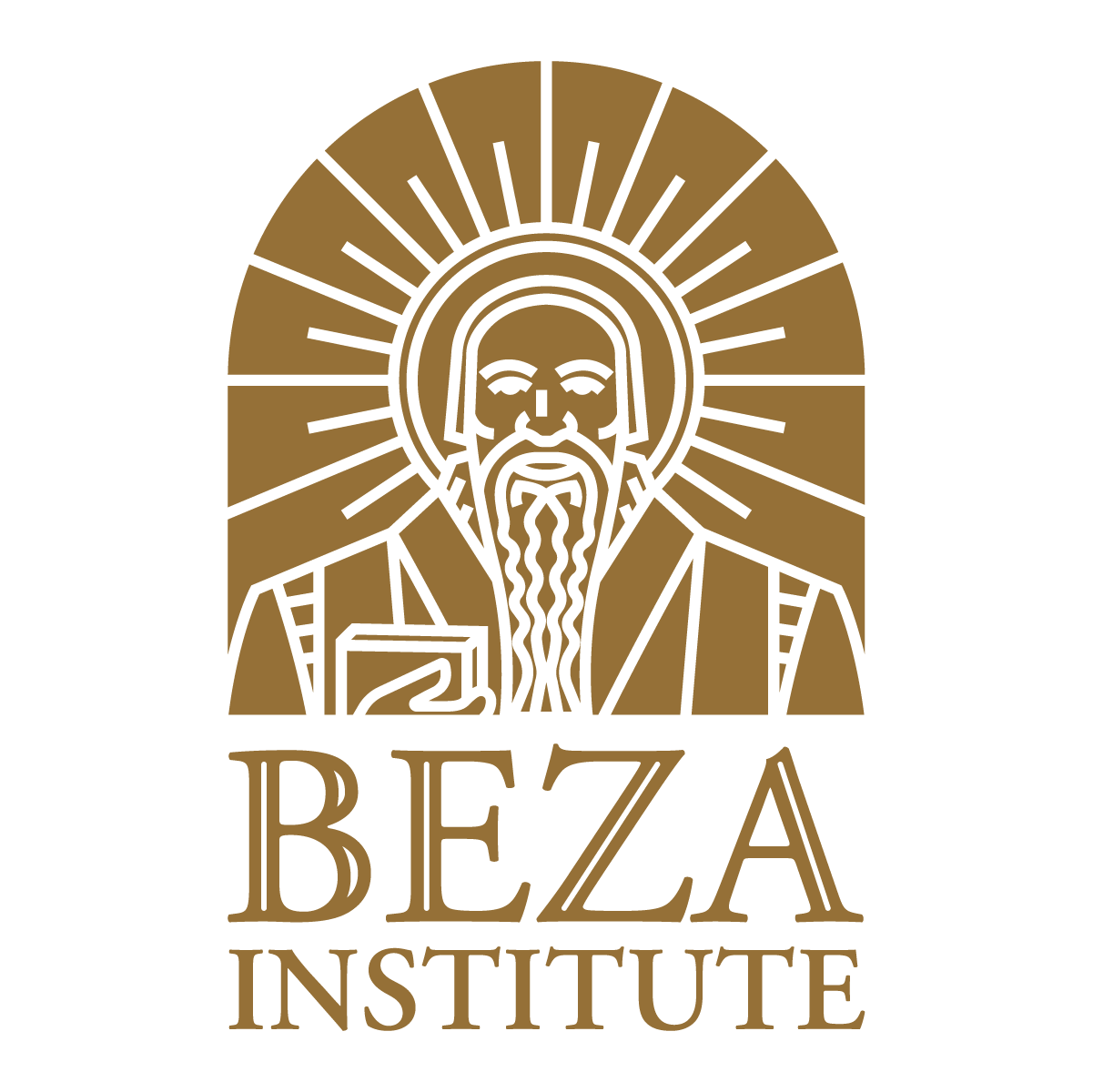The Arts of the Trivium and the Priority of Logic
The arts of the trivium are the arts of language. All three arts – the art of grammar, the art of logic, and the art of rhetoric – must be held together in teaching and practice in liberal education. They were traditionally taught together and considered dependent upon one another. Not only that, but the three trivial arts were also dependent upon the four quadrivial arts, all of which together make up the seven liberal arts. Over the centuries, there has been debate over which art in the trivium is ‘supreme’ or most important. In one sense, the debate is useless, since the arts all depend upon one another and serve one another (not to mention serving all the other disciplines). However, if one art must be considered ‘supreme’, it is the art of logic, and the best evidence of the Western tradition bears this out. To understand this, we will examine each of the trivial arts briefly and then see why logic is the most fundamental art.
Defining the Arts of the Trivium
Grammar is perhaps best defined as the ‘art of the sentence’, or as the ‘art of linguistic signs.’ In grammar, we take signs (words) and apply them to things in reality. By common conventions of language, we can understand one another’s expressions about the world. Words are joined into sentences through predication, in which we say something of something else. Predication is the basis of our speech and our communication, and the expression of predication is a sentence. The primary concern of grammar as an art is to yield correct communication through the grammatical conventions of a language. While these conventions themselves are not natural or unchanging, they are derived from nature and they ‘imitate nature’ (to use a phrase from John of Salisbury’s Metalogicon). [1] Grammar as such is concerned with yielding speech (and writing, by extension) that is intelligible and meaningful. Grammar does refer to real things in the world, but the measure of grammar as an art is correctness of expression.
Logic is the ‘art of reasoning’. In logic, we are concerned not merely with how words express things in reality, but with how we can know things in reality and how we can know what is true from what is false. Traditional Aristotelian logic utilizes words (not primarily symbols) because words represent real categories of things in the world which our intellect can know. Whereas grammar constructs sentences, logic constructs syllogisms, which are images of our reasoning. The primary concern of logic as an art is to yield valid reasoning that expresses truthful propositions. For grammar, it is enough if the sentence is intelligible; grammar – as grammar – does not speak to its truth or falsehood. But in logic, we are actually concerned with whether our propositions about the world indicate something that is true (in accord with reality) or false (not in accord with reality). In logic, we learn to determine if our reasoning is valid, leading us toward truth, or invalid, leading us toward error.
Rhetoric is the ‘art of persuasion’. Rhetoric moves beyond logic, which seeks the truth, to the act of persuasion, which seeks to draw others to know and believe the truth. Whereas logic utilizes pure reason, rhetoric involves all the aspects of a person (both reason and passions) and seeks to persuade through logos, ethos, and pathos. Logic teaches a student to discern the truth or falsehood of a proposition, but rhetoric enables that student to persuasively present the truth to others or to defend it skillfully from attacks. The classical understanding was that logic was philosophical in nature, oriented toward discovering truth through inquiry into a subject-matter, whereas rhetoric was political and ethical in nature, oriented toward persuading others of good judgments and actions in the commonwealth and in the sphere of human activity.
Logic an ‘Art of Arts’
With the trivial arts surveyed, we can see that they all inform and depend upon one another. Logic and rhetoric are not possible without a grammatical foundation, and rhetoric is typically not possible without some kind of logical foundation, which is why they are typically ordered in the progression of grammar to logic to rhetoric. Some could argue that grammar is most fundamental because it must be studied first. Others could argue that rhetoric is most supreme because it is the culmination of the language arts and it is the mark of the most skilled philosophers, orators, and statesmen. However, I would argue that logic is the supreme art of the trivium.
Logic is the ‘art of arts’ because it is what makes every art to be an art. An art is defined as a body of reasoned, ordered knowledge with respect to the making or doing of something. Every art is developed by the application of reason to natural capacities and to natural subject-matter. By the application of reasoning, we can learn truth about a particular subject-matter, develop the best way to make or do something, and we can pass on that knowledge to others through teaching. Thus, the mark of every art is that it applies reasoning to a subject matter to yield organized knowledge, efficiency, and transmission of that skill through teaching. Logic alone is the art that teaches reasoning. Logic is the art that teaches us how to reason properly so that we can know what is true, and in every other art, we apply the art of reasoning to accomplish the specific end of that art. Reason is the means by which we know the world around us, but human reason also has the unique capability of introspection – turning within upon itself to understand its own processes and functions and to organize them efficiently. Thomas Aquinas provides an excellent summary of this in his own commentary upon Aristotle’s Posterior Analytics:
Now reason is not only able to direct the acts of the lower powers but is also director of its own act: for what is peculiar to the intellective part of man is its ability to reflect upon itself. For the intellect knows itself. In like manner reason is able to reason about its own act. Therefore just as the art of building or carpentering, through which man is enabled to perform manual acts in an easy and orderly manner, arose from the fact that reason reasoned about manual acts, so in like manner an art is needed to direct the act of reasoning, so that by it a man when performing the act of reasoning might proceed in an orderly and easy manner and without error. And this art is logic, i.e., the science of reason. And it concerns reason not only because it is according to reason, for that is common to all arts, but also because it is concerned with the very act of reasoning as with its proper matter. Therefore it seems to be the art of the arts, because it directs us in the act of reasoning, from which all arts proceed. [2]
As Thomas writes so clearly, this introspective work of reason is what constitutes the logical art, and it is what makes possible all of the other arts.
Briefly with respect to the other arts of the trivium, grammar relies upon logic to yield its own organization, patterns, and conventions. To truly understand the parts of speech and that to which they correspond in reality is a work of organized human reason. Logical reasoning generated an efficient system of human language, since our reasoning is our most fundamental power of knowing (alongside the lower power of sensation). We are reasoning about the world even before we express it in words, even if sentences do give expression to our reasoning. Obviously, grammar and logic are always working together and through one another, but logic is the art that makes every other art to be an art, including grammar.
Rhetoric must rely upon logic if it is to fulfil its function excellently and not descend into mere sophistry. The Sophists of ancient Athens and then the Roman world prioritized rhetoric above all and divorced it from the other disciplines, particularly logic. They did not care for truth, but merely for being persuasive of their opinions, and they engaged in dispute and argumentation for the sake of winning. They peddled their skills in argumentation, but they were not interested in pursuing the truth or judging whether certain opinions were true or false, right or wrong. Without the art of logic guiding us toward truth, rhetoric can become unmoored from truth and just be a battle of opinions.
Logic is the foundational liberal art because it yields the instrument of knowing truth. Knowing truth is at the heart of liberal education, for we are free in as much as we know the truth and are conformed to it. While logic may seem dry and even esoteric or removed from normal experience, it is the formal attempt to properly ground how we can know anything with reliability. All of the liberal arts (and all of the other academic disciplines) depend upon logic, which Thomas Aquinas called the ‘method of the sciences’, for every other discipline proceeds towards its own end and through its own content matter by means of the logical method. [3]
While logic is rightly to be given the title ‘art of arts’, we are mistaken if we separate it or abstract it from the rest of the liberal arts and from all the liberal studies as a whole. As John of Salisbury writes in the Metalogicon, when isolated by itself, logic is sterile and fruitless, but when combined with other content matters, it can yield great knowledge and progress in many studies. [4] Logic is not meant to be studied for its own sake, but for the sake of knowing truth, which we then pursue through all of the other disciplines. We do not teach logic as its own end, but we teach it so that our students may pursue God’s truth in all the other studies and disciplines they are engaged in.
Logic deserves the priority of place since it alone is the ‘method of the sciences’, and it is what makes any art to be an art. It is at the heart of the trivium, since our language and our persuasion must ultimately be aimed at true knowledge of the world. In fact, in the Metalogicon, John uses the term ‘logic’ broadly to refer to the whole trivium, even as he also distinguishes logic as the second art of the trivium. Logic is the perfection of human reason, which is the distinctive trait of man as made in God’s image, the distinctive trait that raises us above the level of the other animals. Logic has great power because it enables us to know God and His truth when it is fruitfully brought into the service of all of the other arts and sciences, and ultimately of philosophy and theology.
1. John of Salisbury, Metalogicon, translated and edited by J. B. Hall and KS.B. Keats-Rohan, Corpus Christianorum in translation, Vol. 12 (Turnhout, Belgium: Brepols Publishers, 2013), I.14.
2. Thomas Aquinas, foreword to the Posteriora Analytica, translated by Fabian R. Larcher, O.P., https://isidore.co/aquinas/english/PostAnalytica.htm#02 (accessed September 3, 2024).
3. Thomas Aquinas, Super Librum De Causis Expositio, translated by Vincent Guagliardo, O.P., Charles Hess, O.P., and Richard Taylor (Washington, D.C.: Catholic University of America Press, 1996), Internet Archive Open Library, https://archive.org/details/commentary-on-the-book-of-causes-aquinas_202106/page/n3/mode/2up (accessed September 8, 2023), Preface.
4. John of Salisbury, Metalogicon, II.10. See also II.9, II.13, IV.1, and IV.28 just to cite a few other (of the many) parallel passages in the Metalogicon.

